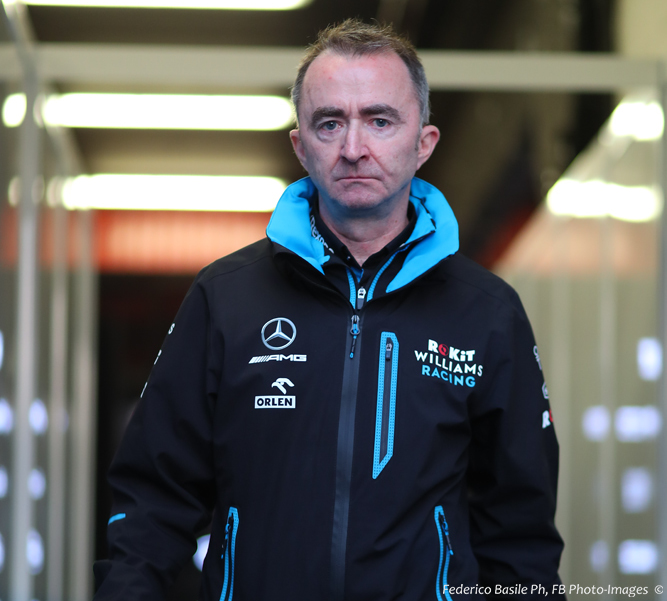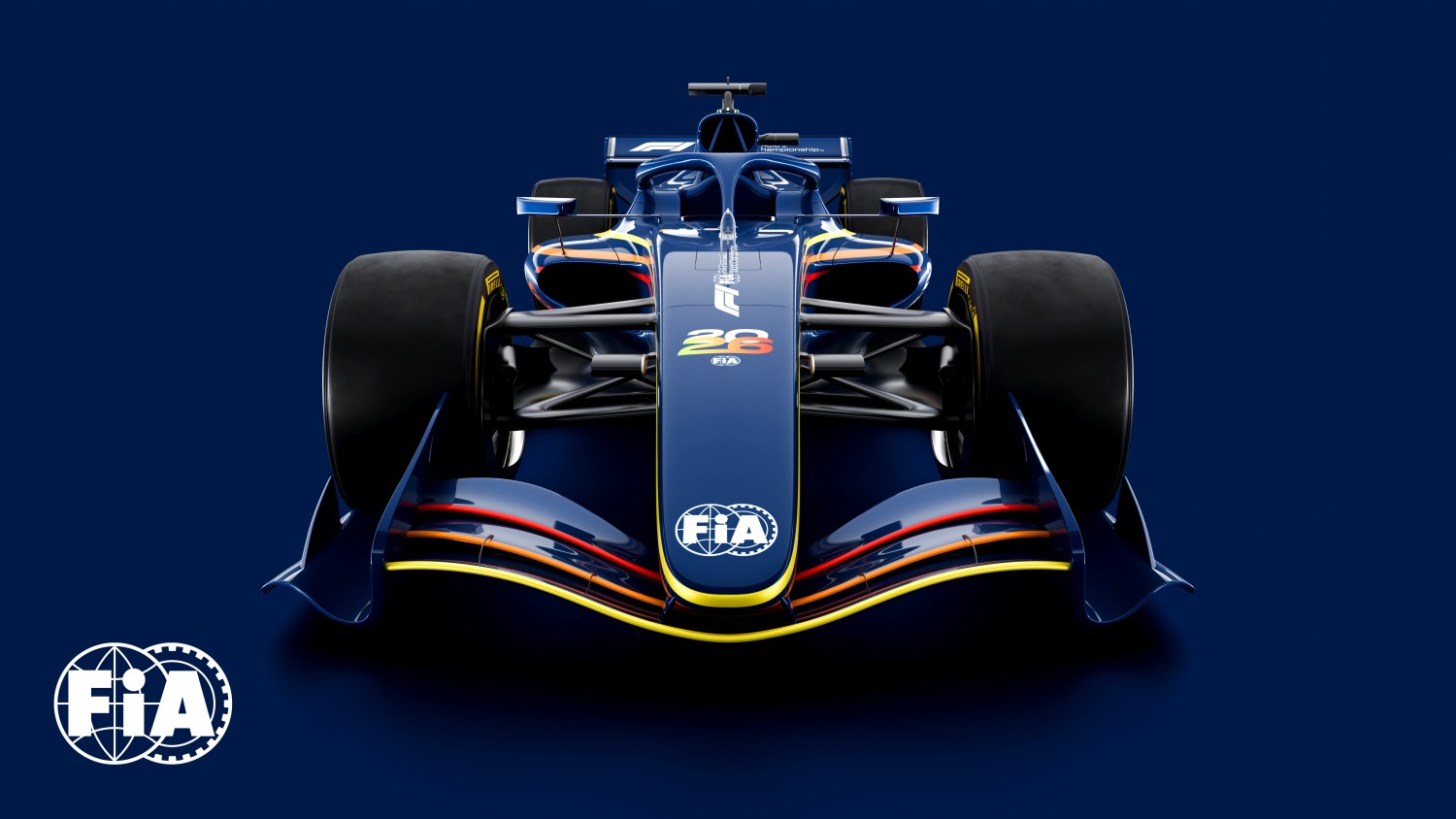2026 F1 regulations have resulted in zero additional manufacturers (2nd Update)
With the announcement that Renault will no longer provide engines to F1 after the 2025 season, it is now ‘fact’ that the 2026 F1 regulations, that were meant to attract new engine manufacturers has resulted in a net gain of zero.
Audi is coming in and Renault is leaving.
Whether General Motors ever makes it into F1 in 2028 given the rejection of Andretti Global’s F1 application remains to be seen. They originally said there would only enter F1 with Andretti.
Over the weekend, Andretti Global said that Michael Andretti has ceded control of his motor racing empire, Andretti Global.
Famed for its involvement and successes in mainly US-based series including IndyCar, Andretti applied to be granted entry to Formula 1 early in 2022, simultaneously ramping up its operations and preparations.
Early this year, despite FIA approval, Liberty Media-owned Formula 1 rejected the Cadillac-bolstered Andretti bid – ultimately resulting in a US government investigation into the arguably anti-competitive decision.
In that context, it is fascinating that Andretti Global has now announced that co-owner Dan Towriss has taken over complete control of the company.
“Michael’s goal has been to transition to a more strategic role with Andretti Global and focus less on the operational side of the race team,” the outfit confirmed in a statement.
“Michael remains engaged and will continue to serve as a strategic advisor and key ambassador.”
August 3, 2024
Like many of the decisions F1 bosses have made in recent years, the 2026 F1 regulations were designed to placate the ‘greenies’ and their false narrative that humans cause global warming. The sport aims to be Net Zero by 2030 and as part of that, in 18 months’ time, the 2026 F1 regulations call for new engines with an even greater reliance on electric power that will raise costs, ruin the close racing the sport currently has and attract zero additional manufacturers.
They will also run on fuels but those used in the world championship will be entirely sustainable. It will significantly reduce the emissions produced by the sport, but raises the question: If the fuel is sustainable, then why is electrical power needed at all?
Paddy Lowe knows a thing or two about the subject. The 62-year-old has enjoyed a long career in F1.

These days he is running Zero Petroleum, based in Bicester, England which is researching and creating fuel made from just air and water. The company is not yet at the stage of mass production, but that is the end goal.
Lowe had referred to the product of his lab as being “guilt-free”. As The Mirror sat down with him later on, it was only natural to ask if he had indeed felt guilty about F1’s emissions during his decades in the sport. He replied: “I personally always felt a bit guilty about using something in finite that’s running out.
“That started at the age of 17 when I got my first motorbike. I was very conscious then – the headline was, ‘We’re going to run out of oil next week’. Now it’s a different story, but of course we all run out anyway, regardless of global warming.
“In Formula 1, I think it’s a conversation that’s only really become more focused in the last 10 years, alongside society in general. For sure, that’s been too slow – critics will say we should have been doing more 30 years ago. But there you go, this is where we’re going.”
“In some decades we won’t be recovering fossil fuels from underground, we will be making hydrocarbons from scratch, synthetically across the entire production space.
“Sometimes I describe this as the second half of the industrial revolution. The first half was really about harnessing dense energy forms, coal, oil, gas, and that’s what powered the industrial revolution, but in a linear manner, not a circular manner. So part two is to bring in the circularity of energy.
F1 driver Valtteri Bottas now wonders why F1 needs to use electrical power at all.
“It’s a good question!” the Finn replies with a smirk when Mirror Sport poses it to him. “I would 100 percent always choose a combustion engine, just because of the feel, the sound, even the smell – all the things I’ve grown up with. With sustainable fuels there is now a solution to help us keep doing that and there is no actual real reason to go fully electric with this technology, which for me is a bit of a life-saver.”
August 2, 2024
Formula 1 and the FIA believed all the lies by the ‘greenies’ that global warming was caused by humans and developed the 2026 F1 regulations believing that by placating the greenies, it would attract additional car manufacturers to the sport.
–by Mark Cipolloni–
They failed.
Let’s examine the facts:
- The 2026 cars will be much slower than the existing cars because they rely so much on electrical power and the heavy batteries. The 2026 cars have been called ‘Frankenstein cars.’
- The racing will not be as close and fantastic as it is now – everyone agrees to that.
- Costs for the new cars will be higher, putting additional cost cap pressure on the teams
- Porsche signed up to join in 2026, then dropped out
- Audi signed up for 2026, so plus 1 manufacturer
- Renault will soon announce they are leaving F1, so minus 1
- Net result – zero gain in manufactures in F1
So what have they accomplished with the 2026 F1 Regulations?
Let’s examine the facts:
- Higher costs
- Worse racing, just when the current regulations have made this one of the best F1 seasons in history
- Artificial racing with gimmicks like active aero that will likely have zero relevance to the passenger car industry
- No additional manufacturers
All they had to do was return to screaming V8 naturally aspirated engines with synthetic fuel that puts out zero pollution and the greenies would have been placated and hundreds of millions of dollars saved. Oh, and the racing would be real and it would be fantastic.
What if Alpine./Renault were to sell?
If Alpine/Renault sell out, they will want a massive sum of money.
All these sports team’s (include NFL/NBA/MLB…..) are going to price themselves out of business.
I can see Alpine/Renault wanting up to $ 2 billion, see Zak Brown comments the past year/s.
The powers to be want’s auto-companies to buy in, not the Andretti’s of the world, but Auto Companies historically leave on the drop of a dime.
They think the auto-companies have endless funding, guess they don’t read the money section of newspapers
The VC ( Venture capital ) money guys backing teams like Williams always want a pay back, and a good one.
Things are always about 2 things, money and power. With one, you will get the other.
Plus, if this Red Bull take down was a planned event like some have speculated, what would F1 do if the parent Red Bull company said, enough and pulled the plug on it all and sold out both F1 teams?
